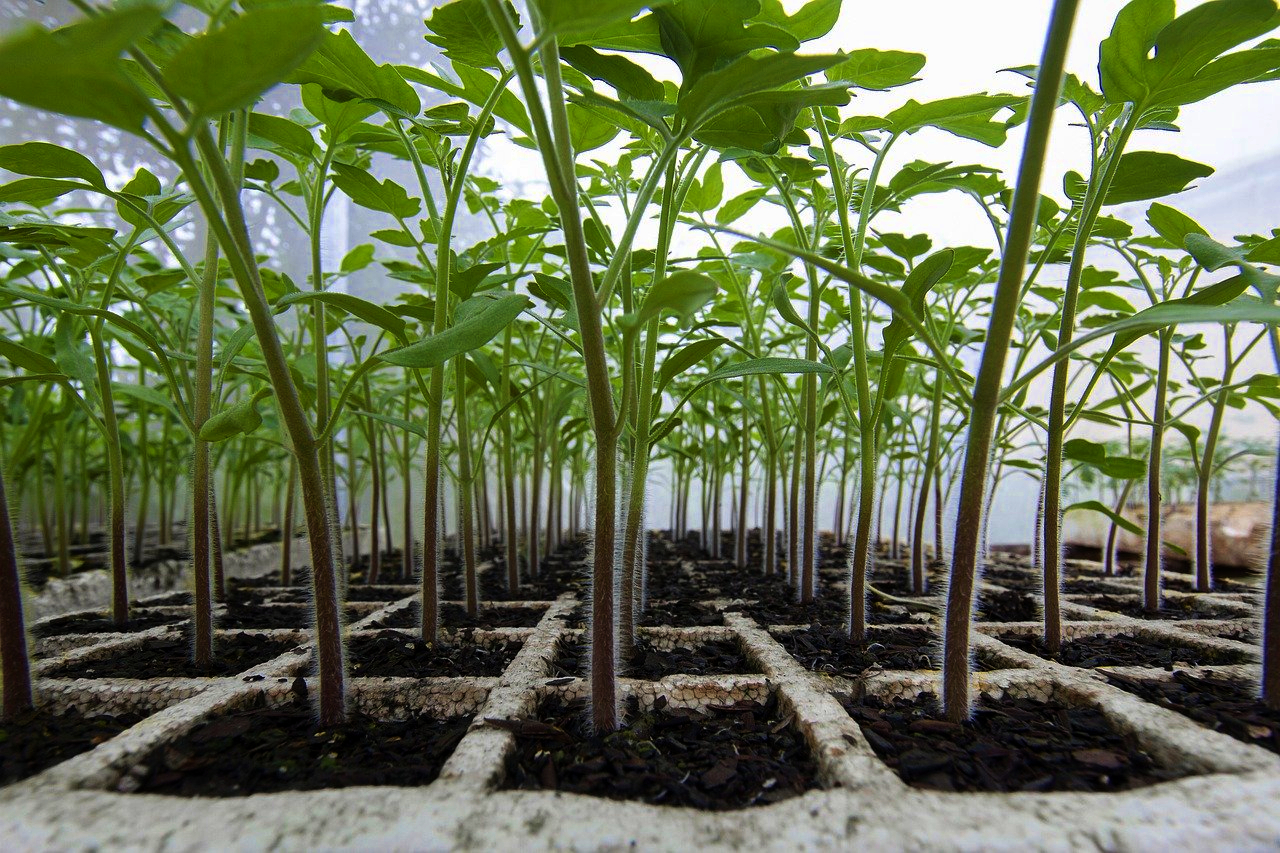
The Department of Agriculture (DA) will intensify its soil rejuvenation program nationwide to sustain the increased productivity of rice, corn, vegetables, coconut, fruits, and other major crops.
“One of our continuing major challenges is how to increase productivity and reduce the cost of production. And as soil is the foundation of agriculture, we must protect, preserve, and nurture it to sustainably produce adequate, affordable, and nutritious food for all Filipino families,” said Agriculture Secretary William Dar.
“We, therefore, instructed all our commodity banner program directors to make soil rejuvenation as the basic foundation of their productivity strategies,” said Secretary Dar, underscoring that “from healthy soils, come bountiful crops.”
He issued the instruction during the agency’s management committee meeting on January 13, 2021, attended physically and virtually by top officials at the central and regional field offices, bureaus, and attached agencies and corporations.
“Rejuvenating and enriching our soils with organic nutrients and compost, including animal manure, must be part of all our crop commodity banner programs, including the promotion of composting technologies,” the DA chief said.
“Hence, farmers should maintain a compost pit, and that their cooperatives or associations (FCAs) be provided with shedders and composting facilities under the DA’s farm mechanization program,” said Secretary Dar, a staunch and long-time advocate of soil rejuvenation technologies.
“Recycling farm wastes and transforming them into compost and organic fertilizer is not only sustainable but also provides farmers additional income,” he said.
The DA chief noted that “while organic agriculture is important in reviving the health of the soil, there is still a need for a balanced fertilization strategy to achieve the maximum potential of our farms and attain food security, especially now that we are still striving under the pandemic,” Secretary Dar said.
Balanced fertilization entails the judicious use of inorganic and organic fertilizers.
“Related to this, we urge farmers and organic agriculture practitioners to elevate their game in promoting not only a healthy ecosystem and producing safe and nutritious food, but also in making organic products affordable for everyone,” he added.
“Hence, we welcome the recent signing by President Rodrigo Roa Duterte of Republic Act (RA) 11511 that amends the Organic Agriculture Act of 2010 or RA 10068,” the DA chief said.
“We also thank the law’s principal author and sponsor, Senator Cynthia Villar, who said that RA 11511 democratizes the certification of organic products, as it puts in place a more affordable and accessible ‘Participatory Guarantee System’ or PGS,” the DA chief added.
Senator Villar said PGS is a cheaper alternative to third-party certification that costs P100,000 to P120,000 per crop. Under PGS, certification only costs P600 to P2,000.
“Thus, the PGS plays a vital role in rural development and farmer empowerment through their active engagement in the whole process of verification, decision-making, and marketing,” said Secretary Dar.
Senator Villar, chairperson of the Senate committee on agriculture and food, said the new law will benefit over 165,000 organic agriculture practitioners, mostly small farmers.
RA 11511 also provides for the creation of the National Organic Agriculture Program-National Program Coordinating Office (NOAP-NPCO), under the DA. It will serve as a planning, secretariat, and coordinating office of the National Organic Agriculture Board (NOAB).
The law also restructures and strengthens the DA’s Bureau of Agriculture and Fisheries Standards (BAFS) to provide technical assistance to the NOAB and the NOAP-NPCO. ### (Rita dela Cruz, DA StratComms)













